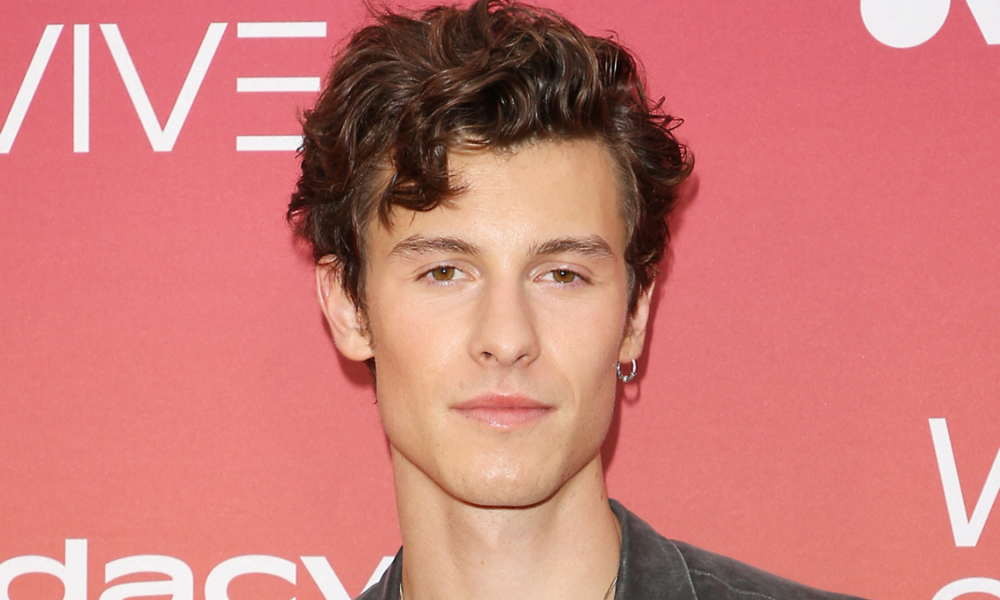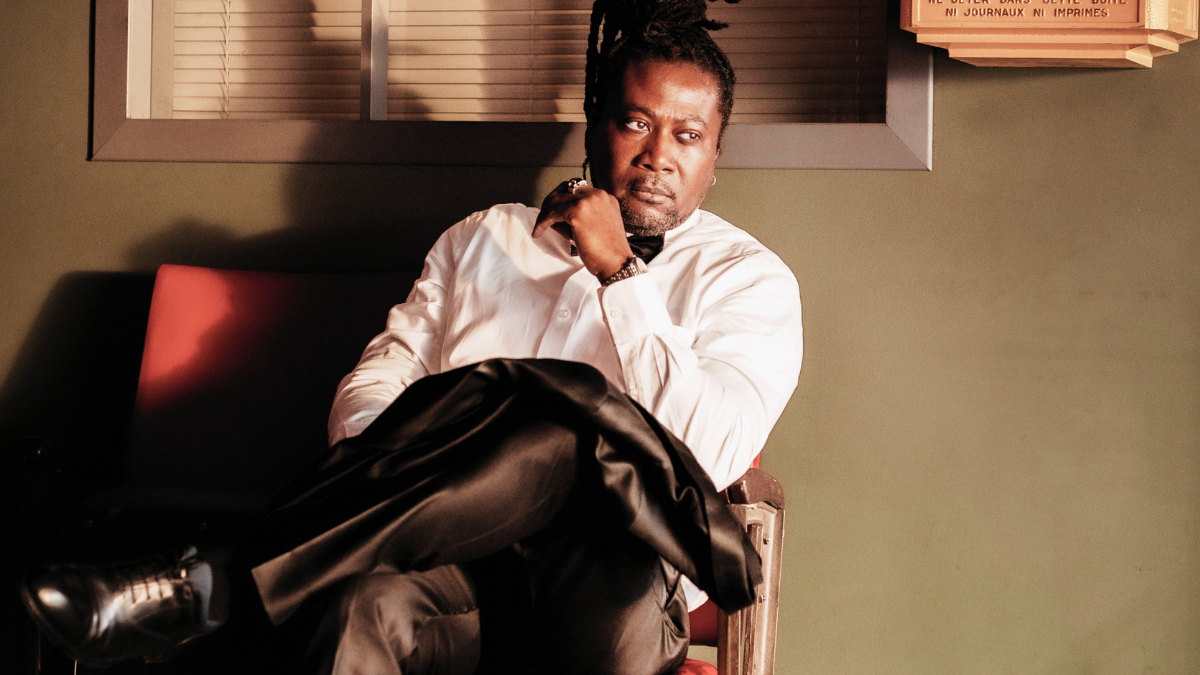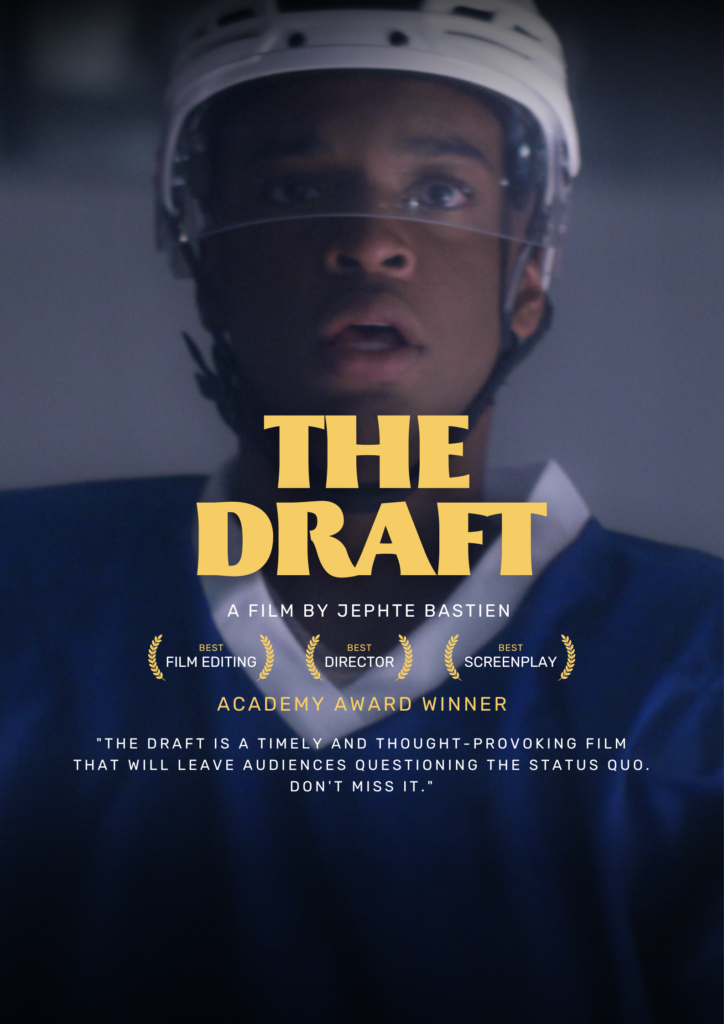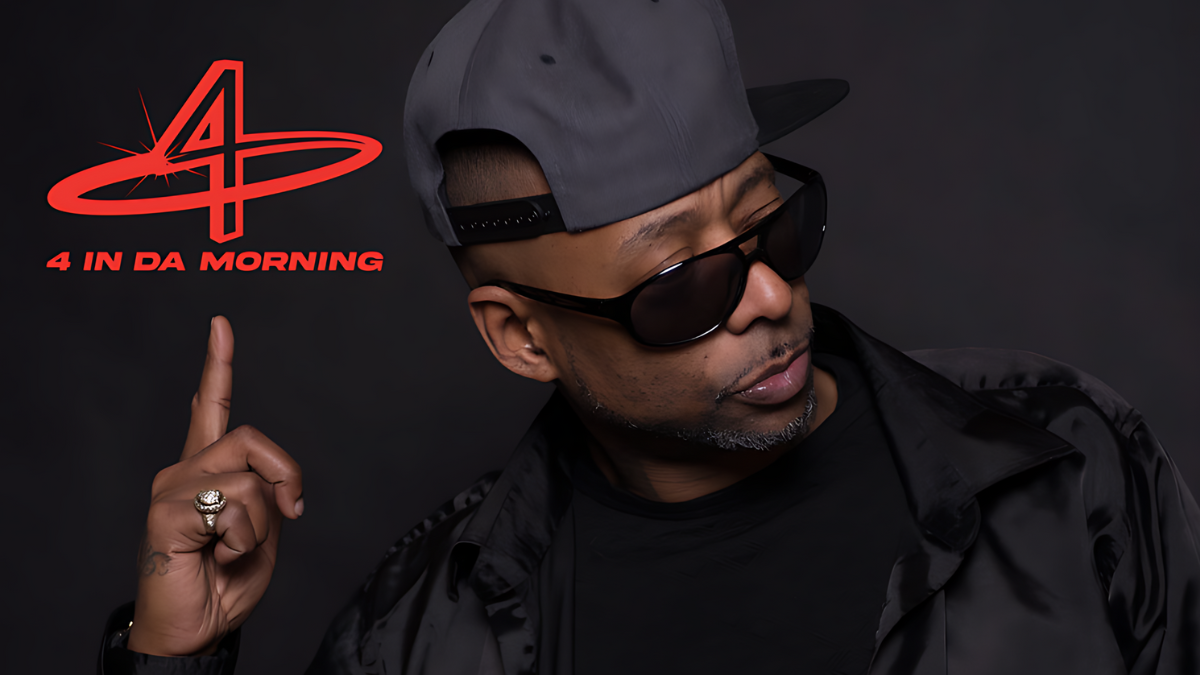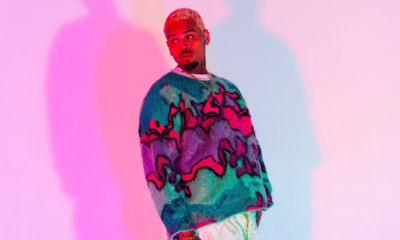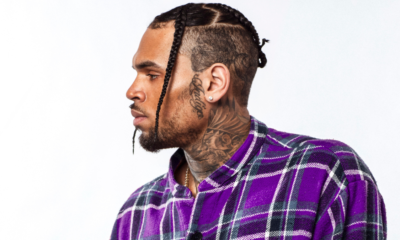Since Shawn Mendes dropped his first single, 2014’s “Life Of The Party,” vulnerability has always been part of his image. That came to a head with the anthemic 2018 hit “In My Blood” (which earned the singer/songwriter a Song Of The Year nomination at the 2019 GRAMMYs), and continued on his 2020 album, Wonder. While his latest release is no different, it may be his most candid yet.
Titled “When You’re Gone,” the pop-rock track details a looming heartbreak in raw form. “I know what we’re supposed to do/ It’s hard for me to let go of you/ So I’m just tryna hold on,” Mendes sings in the first pre-chorus.
Breakup songs aren’t necessarily new territory for Mendes, but this one is particularly autobiographical: The single comes four months after he and Camila Cabello announced their split. With its predecessor, the melancholy piano ballad “It’ll Be Okay,” also addressing the November 2021 breakup, Mendes’ music has perhaps become more scrutinized than ever before — but to him, that’s a good thing.
“I want [my music] to be put under a microscope,” he tells GRAMMY.com. “That’s the whole entire point of making music, in my opinion, is to have people get closer to the song and the meaning.”
Mendes sat down with GRAMMY.com to detail how “When You’re Gone” came together, his inspiration for being so vulnerable (hint: Justin Bieber is involved), and why he wants fans to examine every word he writes.
One of the first teasers that you posted of “When You’re Gone” was of you signing it as a piano ballad. What made you decide to turn it into an upbeat track instead of something more stripped back?
I don’t really know. I think it was the nature of what the song had to be, not what we wanted it to be. It started off on the piano, and then when we heard what it could be with drums at that tempo, it just felt like it had to be that. I can’t imagine it another way.
Your sound keeps getting bigger and bigger with each album — Wonder felt like a step up from Shawn Mendes, and “When You’re Gone” feels like an elevated version of the instrumentation that you brought on both of those albums. How do you approach making music that sonically tops what you’ve done before, or at least expands on it?
That’s a really amazing question. A huge part of that is working with people who are inspired. There’s a lot of people who are great, but there’s not a lot of people who are inspired, and inspired people create magic. You can have all the productions, techniques and all the best sounds, but if you don’t have an inspired sense in the room that day, it’s gonna sound different.
For me, it’s never about trying to top things sonically by adding more — it’s always about trying to top the magic. There can be three instruments in the song, and it can give you the same feeling.
One of my first thoughts when I heard “When You’re Gone” was, “I wonder what fans are going to say about this.” Because no matter the actual inspiration for a song, fans love to dissect its meaning. Is that something that goes through your head when you’re writing songs? Or have you gotten pretty comfortable with knowing that your music might be put under a microscope?
I want it to be put under a microscope. I want people to think about what it means, and think about how it affects them, and how it relates to them. That’s the whole entire point of making music, in my opinion, is to have people get closer to the song and the meaning.
I figured that releasing a single as vulnerable as “In My Blood” a few years ago, and seeing the response to that, might have helped you get more comfortable with releasing super personal songs.
I think what makes me feel like I have to be open in my music is the way people reacted after “In My Blood.” I was expecting judgment and critique after that song, and all I got was love and tears. And people were telling me how that song was speaking their truth as well.
Every single song [I’ve written] after that one, the number one rule is, this has to be true. This has to be real. This has to be authentic. And that’s kind of how I go about it.
So “In My Blood” set a bar for you, in a way.
Yeah, in a lot of ways, it’s set the bar of authenticity. It doesn’t always have to be as deep — there’s no box, but it always has to be as authentic.
That’s what the song is — people know what you’re going through, and you’re kind of addressing it head on with these lyrics. I feel like people are going to be really appreciative of you just kind of being like, “This is my side. This is my story.”
Yes and no. The thing about music, the thing about people is, we’re not so one-sided. We’re not constantly feeling one way for months and months and months. We’re constantly changing. So yeah, that’s my reality some days, and some days it’s not. I just hope that people who are going through similar things can connect with that.
Going back to what we were talking about with your music being under a microscope, you talked about that in your Wonder track with Justin Bieber, “Monster.” I know you’ve talked about the advice that he’s given you about dealing with fame — how have you seen his advice come into play in the last few years?
He’s just been a real steady friend for me for a couple of years. He’s also just hyper-focused on truth and authenticity. And I think that comes across. I just follow his lead, and follow anyone’s lead who is living that way, you know?
So is “When You’re Gone” a teaser for what’s to come on a new album, or more of a standalone song to get you and fans hyped for your upcoming tour?
It’s just a song that I really loved, so I decided it’s time to put it out. But all of those things also!
I mean, I can only imagine this song live — this is gonna go off.
I was playing in Austin a couple weeks ago. We played the song before it came out, and it was like it’s already been out for years.
You said in a previous interview, “The beautiful thing about fame is that it allows you to have a voice to get messages across and to that need to be heard.” What do you feel like your message is, going into this next chapter?
It’s just allowing people to feel seen, and to feel heard — to feel like they’re not alone, and supported. There’s so much judgment and so much divisiveness between everybody, that I just want everyone to just, like, take a big deep breath, and be like, “We’re all just human, trying to do our best.”
That’s what I crave and try to do with the way I am, the way I talk, the way I go on social media, the music I write. It’s just all about being vulnerable and making people feel seen.
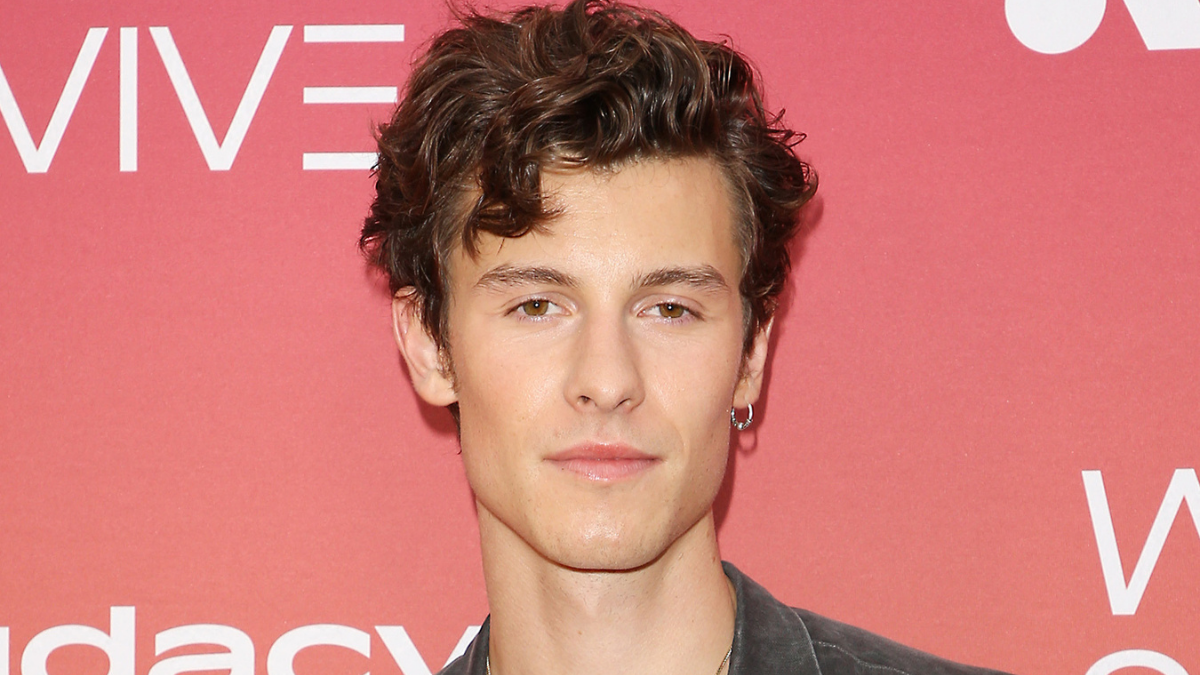

 Business3 years ago
Business3 years ago
 Business2 years ago
Business2 years ago
 Business2 years ago
Business2 years ago
 Business3 years ago
Business3 years ago
 Business3 years ago
Business3 years ago
 Business3 years ago
Business3 years ago
 Business3 years ago
Business3 years ago
 Business3 years ago
Business3 years ago
